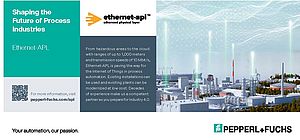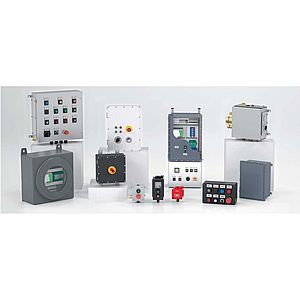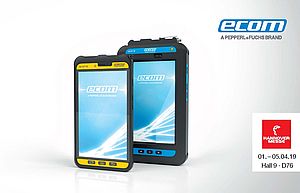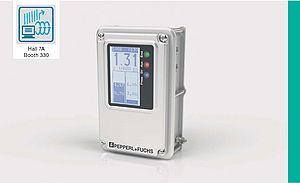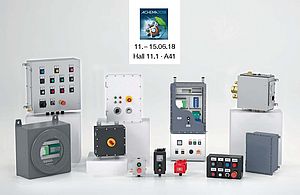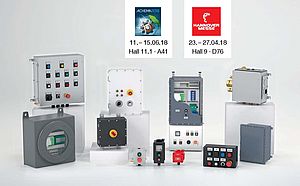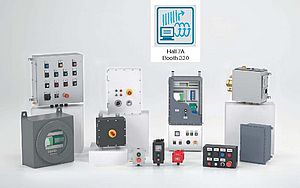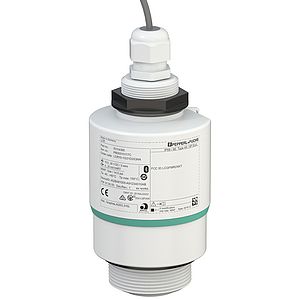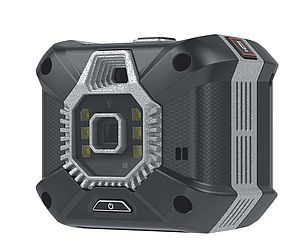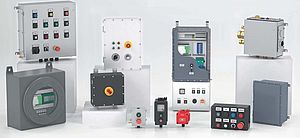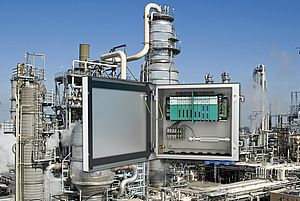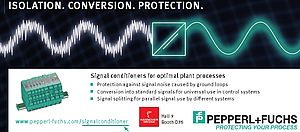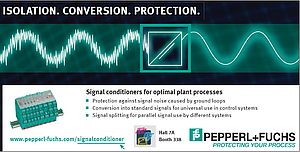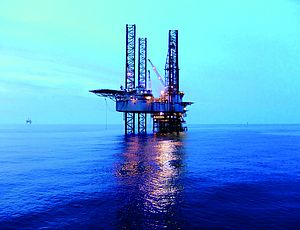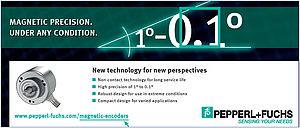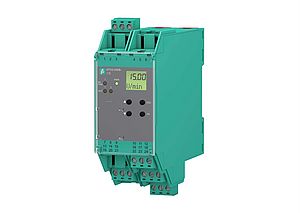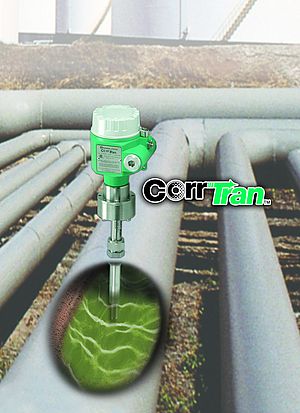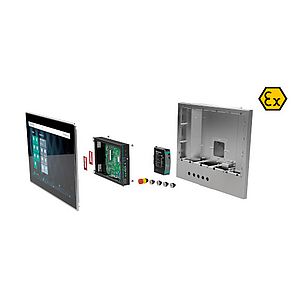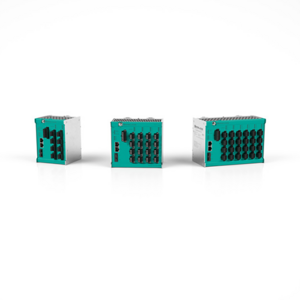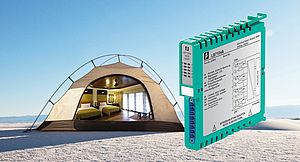In 1947 oil production was started in the village of Schoonebeek in the north east of the Netherlands. For economic and technological reasons, the oilfield was closed in 1996 and the existing plants were decommissioned. The plant operator, “de Nederlande Aardolie Maatschappij” (NA M), had up to then extracted 40 million cubic meters of oil from the ground, 250 million barrels oil. Today, a decade later, efficient production techniques make it again worthwhile to extract oil in Schoonebeek. Beside innovative technology, an improved infrastructure ensures that oil production is again costeffective. An innovation is the injection of low-pressure steam in the substratum which liquifies the highly viscous oil thus making it easier to extract. The infrastructure comprises the processing plant, the heat and power station, pipelines and extraction. A total of 18 extraction stations will be built on the oilfield. The extracted oil and water mixture is piped to an oil processing plant where the water and oil are separated. The oil is then piped directly to a German refinery in Lingen for processing. Yokogawa was awarded the contract to supply the main control system. In total, 1500 conventional I/O points and 100 FFsegments are to be automated. The proven CS3000 distributed control system is used for control and for shutdown ProSafe RS is employed. In addition to FieldConnex products, Pepperl+Fuchs as the main Foundation Fieldbus equipment supplier to Yokogawa, also provides the complete prewired system and interface-board cabinets. To date 54 cabinets have been supplied. Together with the project team Yokogawa NLS and NAM, the cabinets were designed and golden samples produced. Once the samples had been approved, the build process was started, and in only 8 weeks (including materials procurement) the cabinets were built up and tested, ready for the Factory Acceptance Test (FAT) by Yokogawa. Three weeks had been planned for the FAT by the Yokogawa project team, but it was successfully completed in just 1.5 weeks.














